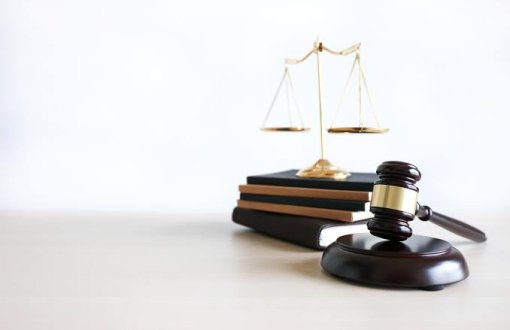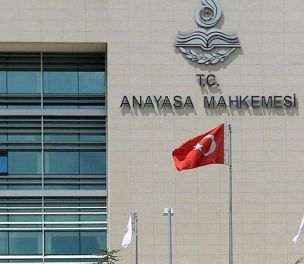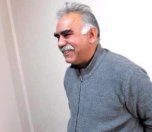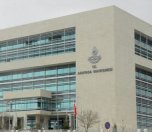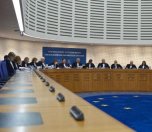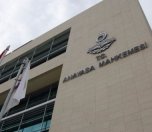Click to read the article in Turkish / Kurdish
The Constitutional Court has announced its verdict on university student Meki Katar, who was sentenced to prison for signing an anthem at the commemoration of Roboski massacre.
In its verdict given by a majority of votes, the Constitutional Court has concluded that the prison sentence given to Katar violated his freedom of expression. Moreover, Meki Katar will be paid 9,150 Turkish Lira (TRY) in non-pecuniary damages.
In its detailed ruling, the Court has indicated that the expressions that do not incite people to violence cannot be penalized:
"The expression of opinions that do not contain statements encouraging [people] to use violence and do not pose the risk of committing terror crimes cannot be considered terror propaganda by merely stating that they have similarities to the terrorist organization's ideology, social or political objectives and opinions on political, economic and social problems.
"It is protected by freedom of expression that the opinions on social and political environment or socio-economic imbalances, ethnic problems, differences in the population, requests for more freedom or criticisms of the country's regime are expressed, spread, impressed on others in an active, systematic and convincing manner - though they disturb the state authorities or a significant part of the society, as previously indicated."
'If there is no inducement, there is no incitement to violence'
The verdict of the court has further underlined that not all expressions can be interpreted as incitement to violence:
"It needs to be once again underlined that the statements that do not contain expressions inducing people to use violence and do not pose the risk of terror crimes cannot be considered incitement to use the terrorist organization's methods of force, violence or threat.
"Considered in its entirety, though it is alleged that the anthem sang and slogans chanted in the meeting supported the ideology of the participants, it cannot be demonstrated that the anthem and slogans incited people to commit violence, armed resistance or rebellion.
"Moreover, [the court] has not been provided with any evidence confirming that the anthem and slogans in question are likely to spread violence and violence indeed spreads quickly and showing that the anthem and slogans have such a potential dangerous effect.
"The related anthem and slogan are not considered to be inciting to violence by stirring up a deep and irrational hatred towards people."
What happened?
Meki Katar, a junior student at the Department of Computer Teaching of İnönü University, attended the Roboski commemoration and press statement in his university on December 26, 2013.
He carried a banner with 34 white carnations against a black background, symbolizing the people who were killed in Uludere in 2011. The banner read, "Halabja, Gawar, Roboski. We will not forget." A statement for the press was read out after the march of the group.
According to police reports, right before the statement for the press, 44 people sang the anthem "Çerxa Şoreşe" (Wheels of Revolution).
Relying on these reports, the Malatya Chief Public Prosecutor's Office launched an investigation against the ones who sang the anthem. Meki Katar was also among the once charged with "propagandizing for a terrorist organization". Katar was sentenced to 1 year, 8 months in prison on the offense charged and the announcement of his verdict was deferred.
With his appeal against this verdict rejected by the Malatya 1st Heavy Penal Court, Katar made an individual application to the Constitutional Court.
In its verdict given by a majority of votes on October 3, 2019, the Constitutional Court has concluded that his freedom of expression guaranteed by the Article 26 of the Constitution has been violated.
The case file of Katar will be returned to the Malatya 3rd Heavy Penal Court so that the consequences of the violence could be eliminated in a retrial. (AS/SD)





